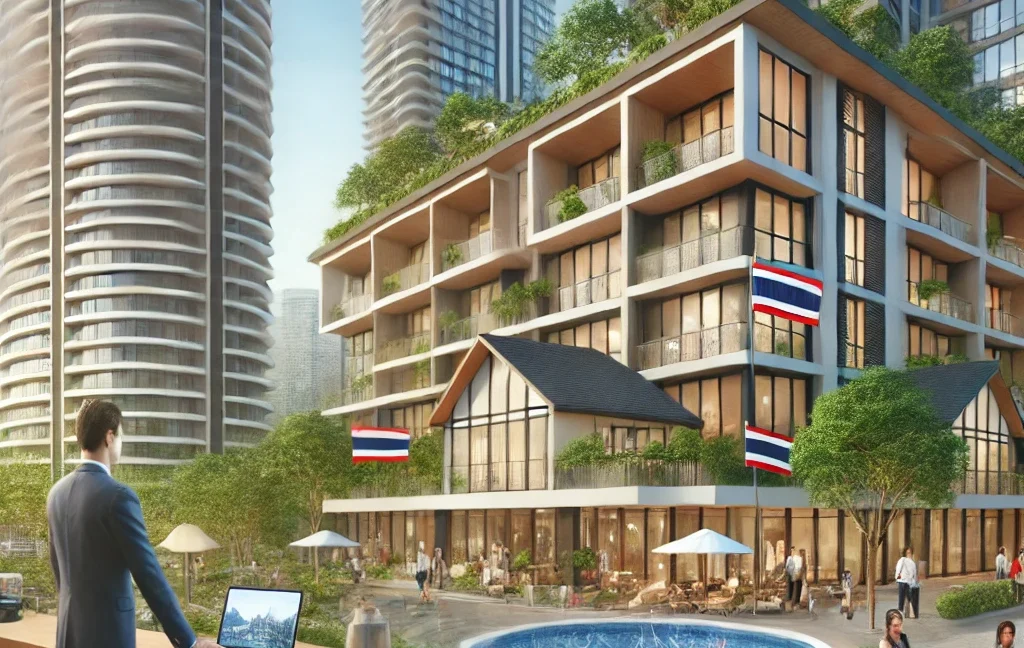Introduction The Thai government is exploring significant changes to property ownership laws that could have a profound impact on foreign buyers. If approved, these revisions would be the most substantial in decades, particularly affecting foreign ownership in condominiums and the duration of land leases.
Proposal Highlights
- Increased Foreign Ownership in Condominiums: Deputy Prime Minister and Minister of Commerce Phumtham Wechayachai announced that the Cabinet is considering allowing foreigners to own up to 75% of condominium units, up from the current limit of 49%. This change aims to boost the real estate market by increasing demand for condominium units.
- Extended Lease Periods: The study will also explore extending the maximum lease period for foreigners from 50 years to 99 years. This extension is expected to provide more long-term stability and enhance investor confidence.
Usufructuary Rights and Economic Benefits
- Usufructuary Rights Extension: The 2019 Act currently allows usufructuary rights for up to 50 years. The proposed change would extend this period to 99 years, aiming to provide more long-term stability and boost investor confidence.
- Economic Stimulus: These changes are part of a broader package of economic stimulus measures proposed by the Ministry of Finance. The government believes that these reforms will bring economic benefits and boost investor confidence.
Political Concerns and Fairness Phumtham emphasized that the study order is not aimed at favoring specific business groups but rather assessing the potential economic benefits for the public. He addressed concerns about potential political connections or favoritism towards certain real estate companies, stressing that the proposals are based on public and business entity suggestions.
Condo Voting Rights to Remain with Thais Despite the proposed increase in foreign ownership, voting rights for setting condominium regulations will remain with Thai nationals. This ensures that while foreigners can own more units, control over building regulations stays with local residents.
Next Steps The proposed changes will undergo reviews by various government agencies and public consultations before any final decisions are made. The Ministry of Interior, through the Department of Lands, is drafting the necessary amendments to the Condominium Act and related regulations. The timeline for reaching conclusions remains undefined, although quick action is expected.
Conclusion If approved, these changes could mark a significant shift in Thailand’s property ownership landscape, potentially attracting more foreign investment and boosting the real estate market. The proposed reforms underscore Thailand’s commitment to economic growth and creating an attractive investment environment for both local and foreign investors.
Stay updated on these significant changes in Thailand’s property market by visiting DanSiam Properties. Explore our listings and find the perfect investment opportunity in Thailand today.




